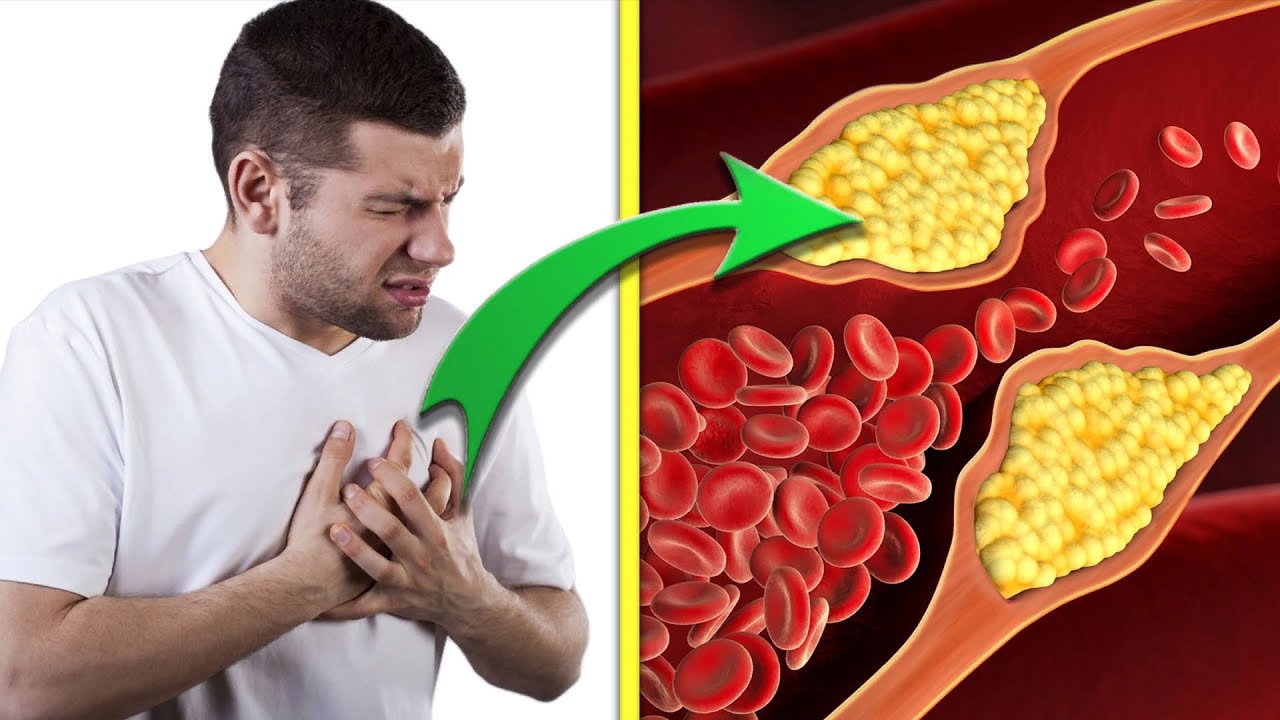A recent study on cholesterol conducted in the UK has revealed concerning findings, with 54% of the population potentially having high total cholesterol levels. Medical experts warn that the recent shift from measuring “bad” LDL cholesterol levels to a new “non-HDL” test might be causing confusion among the British public.
Cholesterol Awareness Month, observed in October, could not have come at a better time, as the study involved a quarter of a million volunteers who were tested for blood pressure and cholesterol levels. The results were alarming, with 27% of participants found to have high blood pressure and a significant 54% discovered to have high total cholesterol levels.
Dr. Avinash Hari Narayanan (MBChB), Clinical Lead at London Medical Laboratory, emphasizes that high cholesterol is a major risk factor for cardiovascular disease (CVD), the leading cause of death worldwide. In England alone, high cholesterol contributes to over 7% of all deaths and affects up to 60% of adults, according to NHS statistics. Further research suggests that identifying and treating 90% of people with CVD could prevent nearly 14,000 heart attacks, strokes, and deaths within three years.
With such a high prevalence of high cholesterol and its long-term impact on overall health, it is crucial to provide clarity in test results and interpretation. However, the recent switch from measuring LDL (low-density lipoprotein) to non-HDL cholesterol levels in the UK might cause confusion for those undergoing testing.
In the past, cholesterol tests primarily focused on LDL cholesterol levels, commonly known as “bad” cholesterol, alongside HDL (high-density lipoprotein) “good” cholesterol levels and total cholesterol levels. Many individuals who carefully monitor their diets have become accustomed to tracking their LDL levels as an indicator of potential health risks over time.
However, researchers argue that assessing non-HDL cholesterol levels provides a more accurate assessment of the risk of heart disease compared to solely measuring LDL levels. Consequently, the measurement of non-HDL cholesterol levels will now be given to patients by their GPs.
While LDL cholesterol mainly constitutes the body’s cholesterol and contributes to high blood pressure, the new non-HDL measure considers other components of “bad” cholesterol, including Very low-density lipoproteins (VLDL), Intermediate-density lipoproteins (IDL), and lipoprotein(a), which is LDL with an added protein. Previous testing methods also neglected triglycerides, another type of blood fat.
The introduction of these new measurements allows for a more comprehensive understanding of cholesterol levels. VLDLs transport triglycerides and cholesterol to tissues, while IDLs are formed when VLDLs release fatty acids. They are either eliminated by the liver or converted into LDL. Lipoprotein(a) contains additional protein, making it stickier and causing artery narrowing. It is primarily influenced by genetic factors rather than diet. Lastly, high triglyceride levels indicate potential risks of heart disease, liver disease, and diabetes.
The new test not only provides a non-HDL reading but also includes measurements of HDL (good cholesterol) and total cholesterol, which should be 5mmol/L or less. With cholesterol emerging as a “silent epidemic” affecting half the population, the more accurate testing methods are a welcome development. However, individuals accustomed to monitoring their LDL cholesterol levels separately may experience confusion or wish to continue tracking this specific reading. To address this, modern tests like London Medical Laboratory’s Cholesterol Profile offer the new non-HDL measure while still identifying LDL cholesterol levels, providing continuity for individuals interested in monitoring their cholesterol and making lifestyle and dietary adjustments.
The Cholesterol Profile test, conducted through a convenient home-fingerprick method, assesses seven key biomarkers. This comprehensive test enables individuals to make positive changes to their lifestyle and diet, improving their chances of living a long and healthy life. Whether taken at home or at clinics and pharmacies across London and nationwide, this test is regarded as the gold standard in regular cholesterol monitoring.
*Note:
1. Source: Coherent Market Insights, Public sources, Desk research
2. We have leveraged AI tools to mine information and compile it



